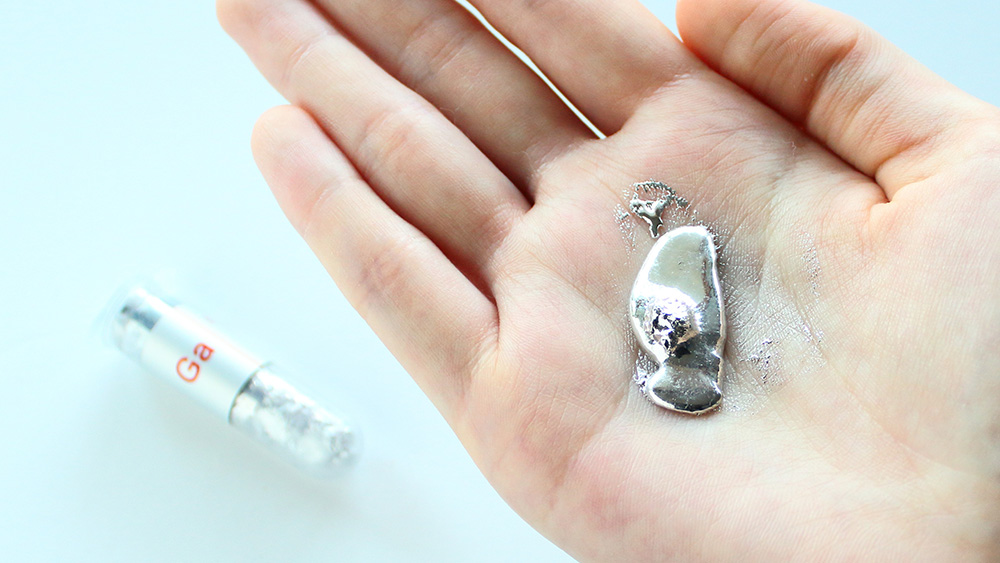Adobe Stock
Every time you sit down with your phone in your back pocket, you’re reminded of a fundamental truth: Human bodies are soft and flexible. Electronics aren’t.
But soon there may be devices that can stretch, bend, and even repair themselves when they’re damaged. By harnessing the unusual properties of a liquid metal called gallium, materials scientists aim to create a new generation of flexible devices for virtual reality interfaces, medical monitors, motion-sensing devices, and more.
|
ADVERTISEMENT |
The goal is to take the functionality of electronics and make them softer, says Michael Dickey, a chemical engineer at North Carolina State University. “I mean, the body and other natural systems have figured out how to do it. So surely, we can do it.”
Bendable electronics can also be made with conventional metals. But solid metal can fatigue and break, and the more that’s added to a soft material, the more inflexible the material becomes. Liquid metals don’t have that problem, Dickey says: They can be bent, stretched, and twisted with little or no damage.
…

Add new comment